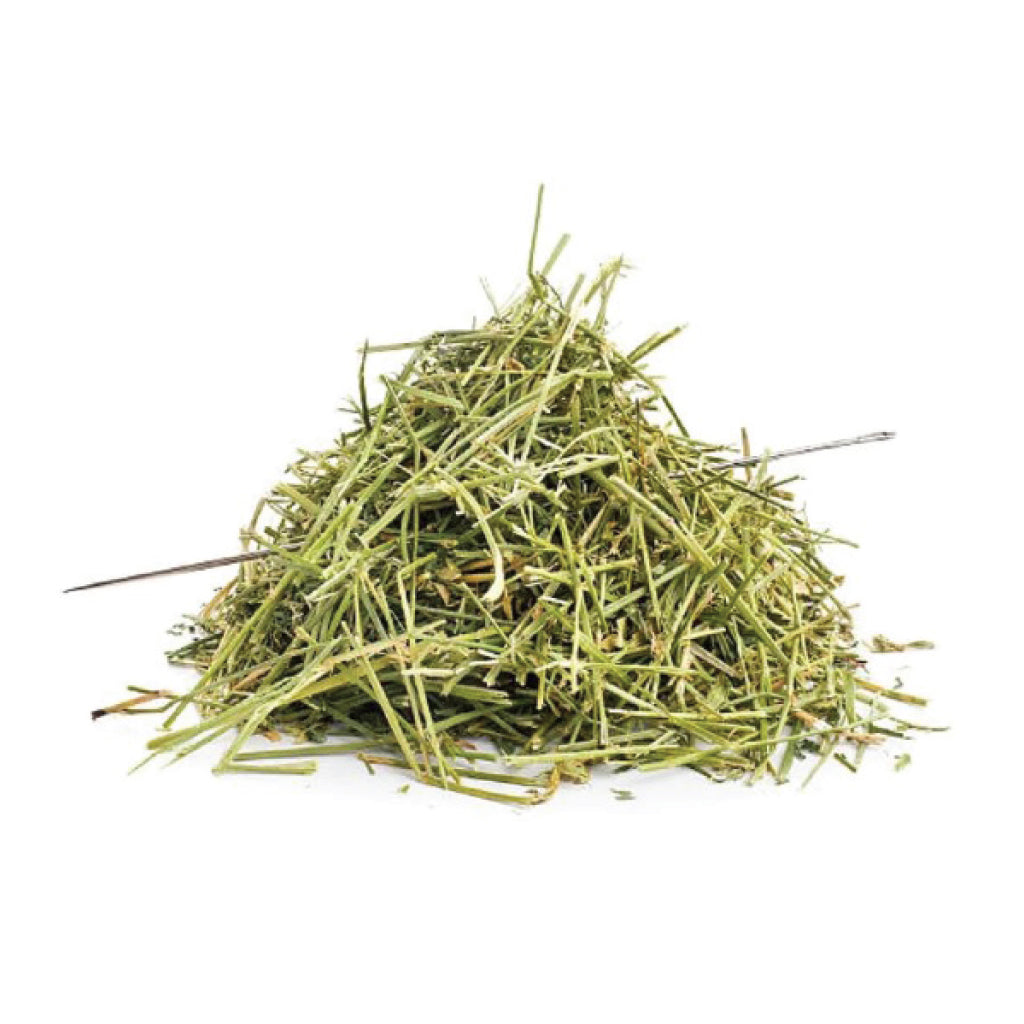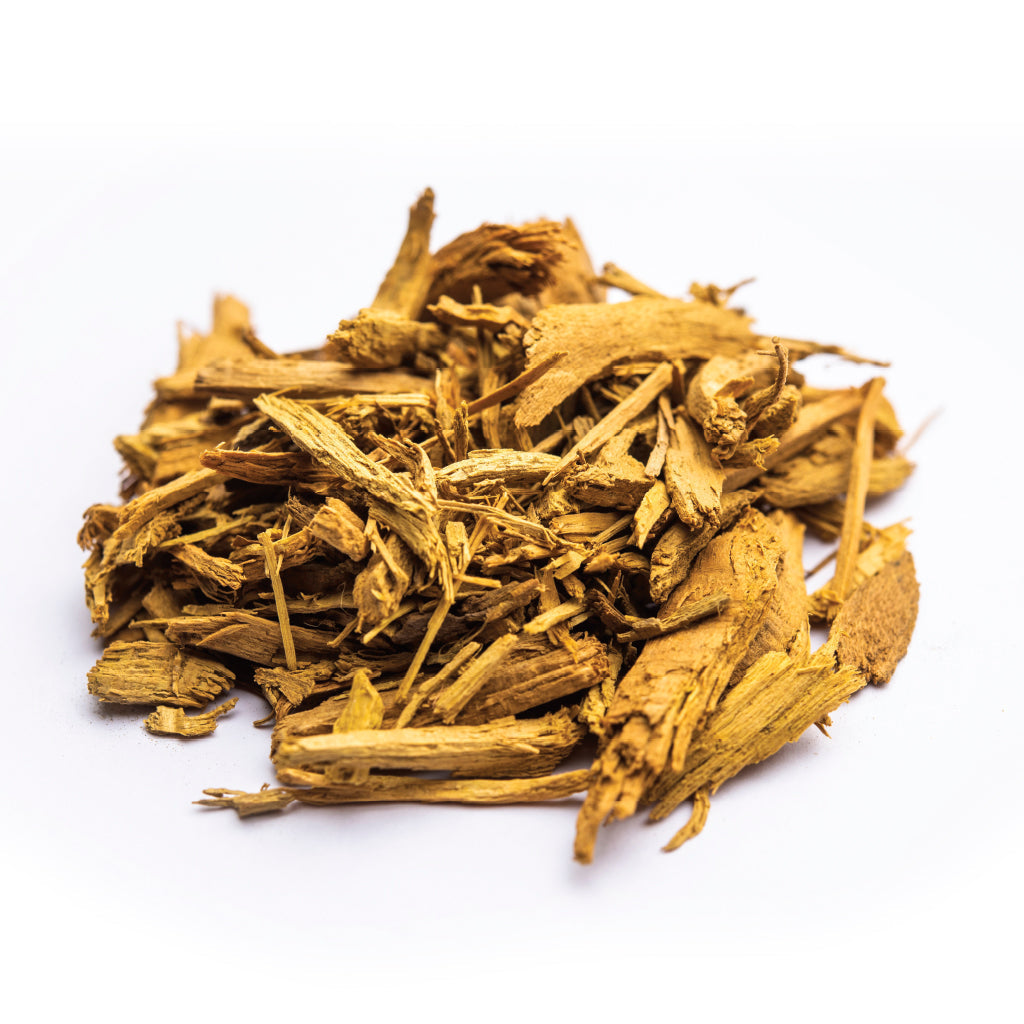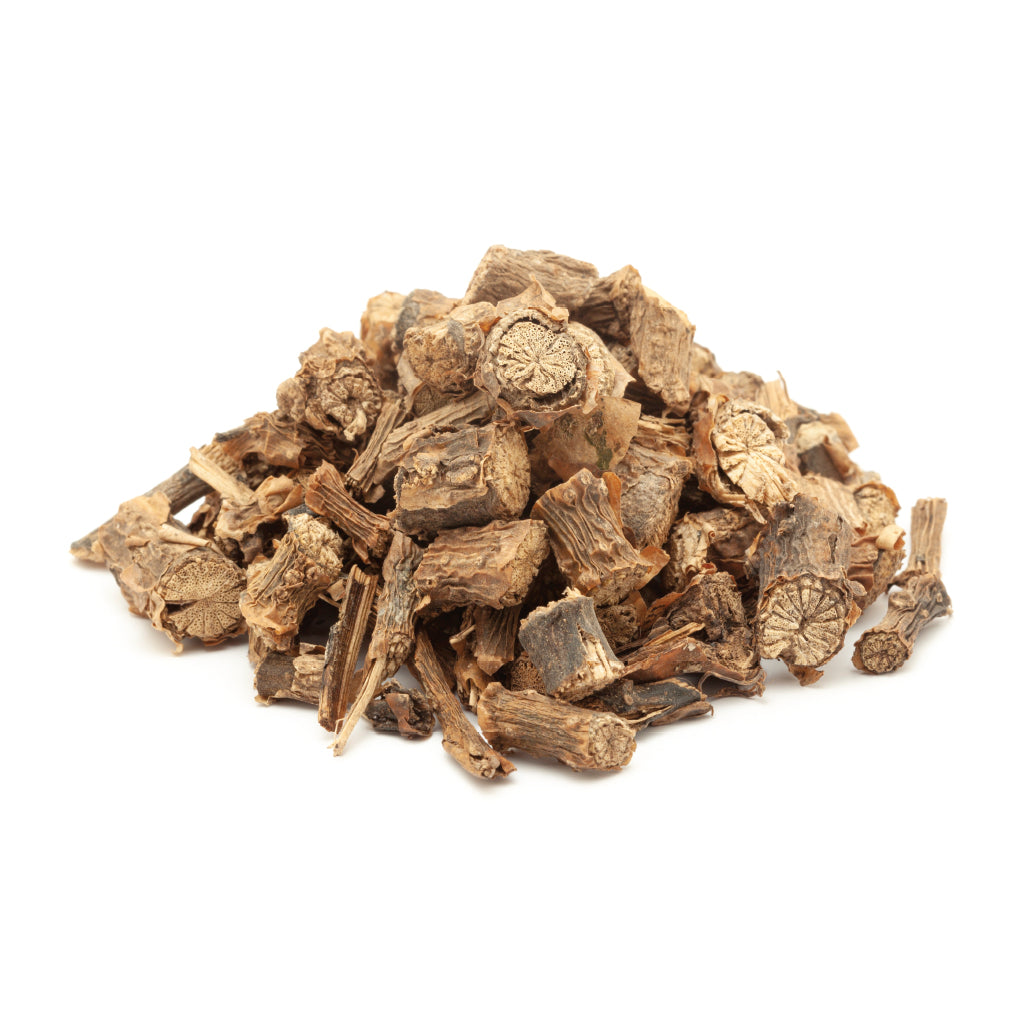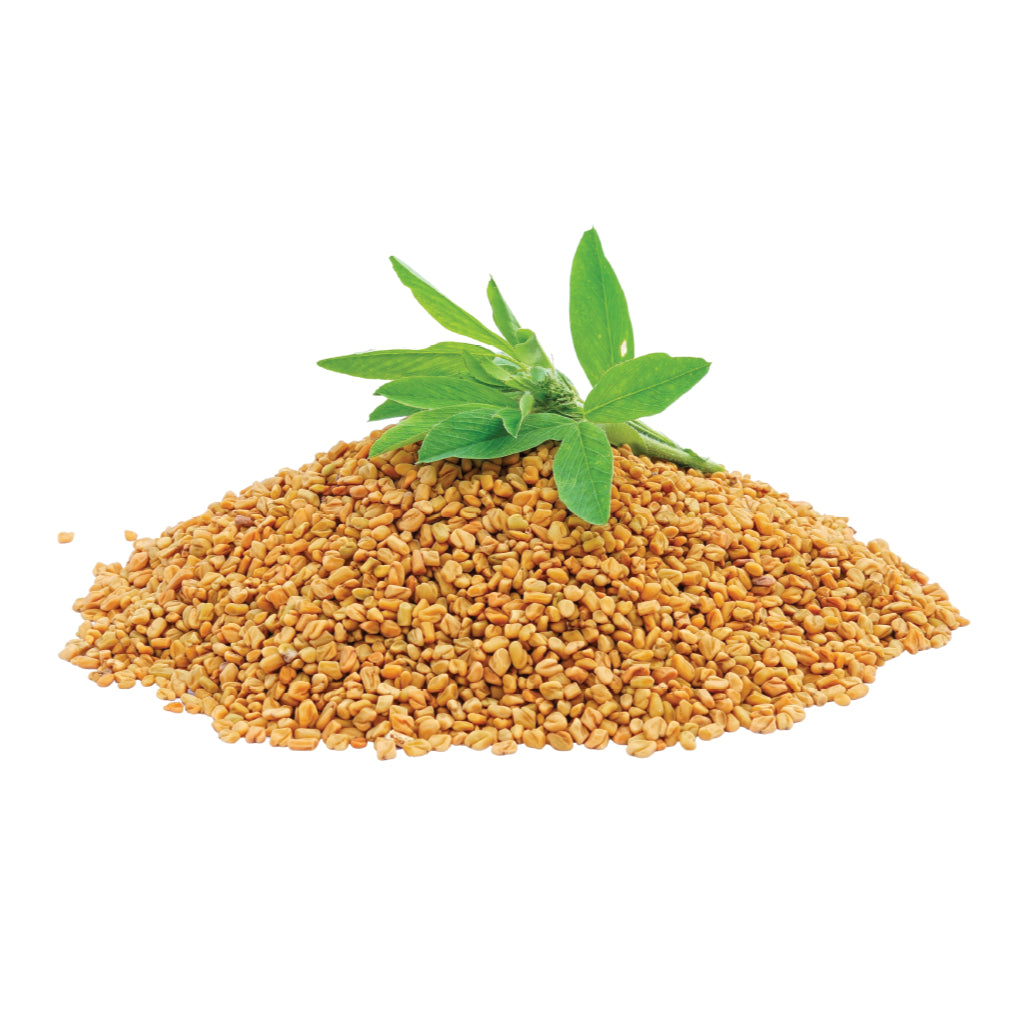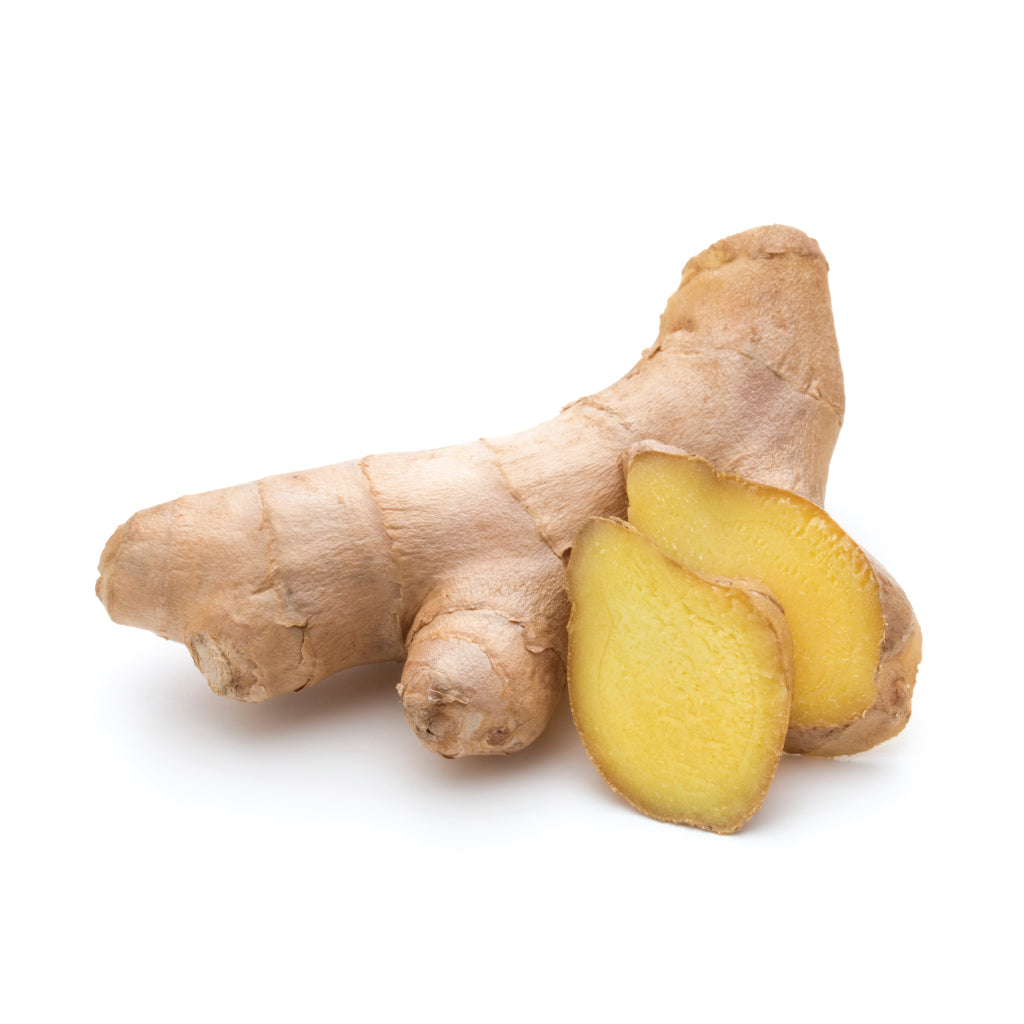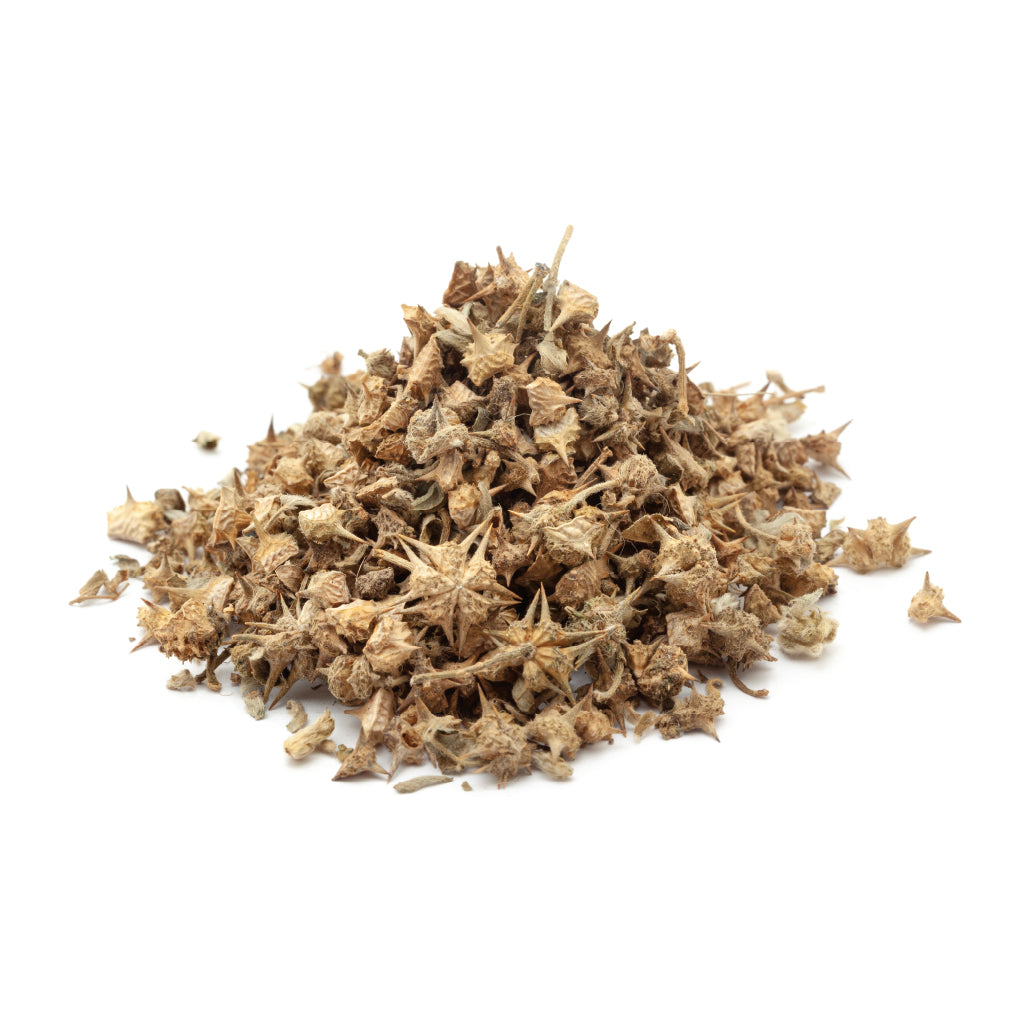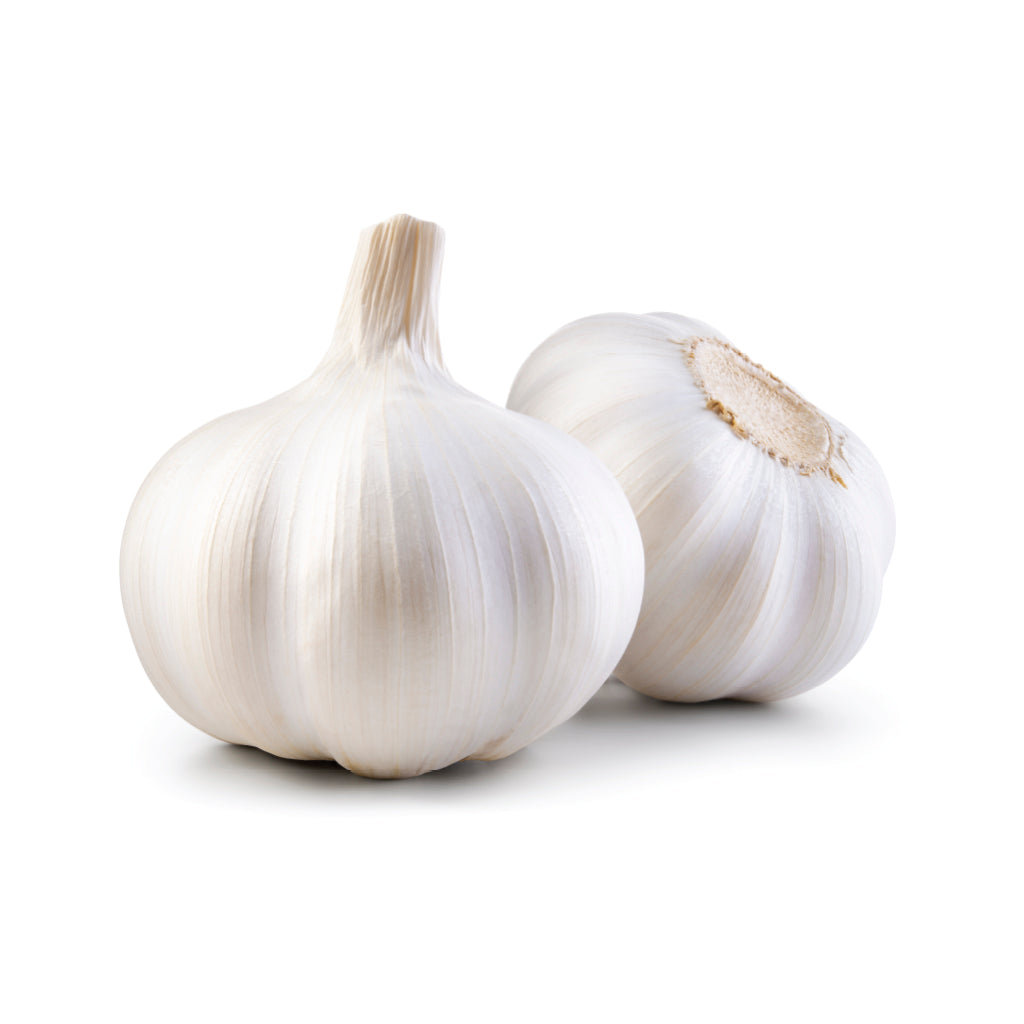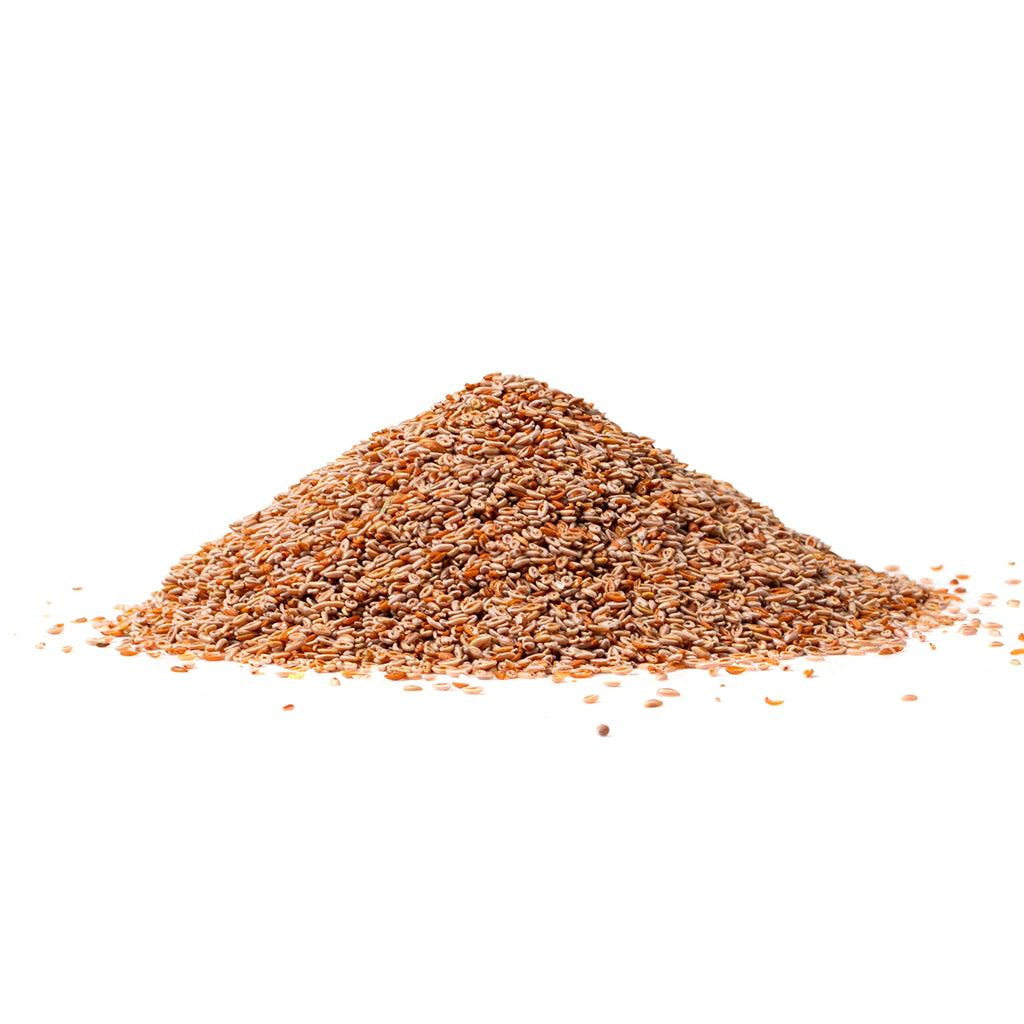
Isabgol (Plantago ovata): The Natural Fiber for Gut Health, Detox & Heart Wellness
Botanical Name: Plantago ovata
Common Names: Psyllium, Isabgol
Family: Plantaginaceae
Parts Used: Husk (outer covering of the seed)
Available Forms: Whole husk, powder, capsules, granules
🌱Introduction
Plantago ovata (Psyllium husk), known as Isabgol in traditional Indian medicine, is one of the best natural sources of soluble dietary fiber. It is derived from the seeds of the Plantago ovata plant, native to India and the Mediterranean region.
Used for centuries in Ayurveda, Unani, and modern wellness systems, psyllium supports digestive health, promotes gentle detox, helps in weight control, and supports heart and blood sugar health — all without being habit-forming.
✅Top Health Benefits of Psyllium Husk, Isabgol (Plantago ovata)
1. 🚽Relieves Constipation Naturally
· Softens stool by absorbing water, making it easier to pass.
· Provides gentle, bulk-forming laxative action.
2. 💨Soothes Diarrhoea
· Absorbs excess water in the intestines.
· Adds bulk to watery stools and helps restore normalcy.
3. 🫀 Lowers Cholesterol Levels
· Binds to bile acids and removes bad LDL cholesterol.
· Helps reduce the risk of heart disease.
4. 💉Supports Blood Sugar Control
· Slows down the absorption of sugar after meals.
· Beneficial for people with type 2 diabetes or insulin resistance.
5. ⚖️Aids in Weight Management
· Expands in the stomach, promoting a feeling of fullness.
· Reduces hunger pangs and late-night cravings.
6. 🌿Cleanses the Colon
· Used in colon detox and pre-colonoscopy protocols.
· Removes accumulated toxins and waste from the gut lining.
⚗️Phytochemical Composition
· Mucilage (Hydrophilic Fiber): Swells with water, aiding laxation
· Aucubin&Allantoin: Anti-inflammatory effects
· Polysaccharides & Lignin: Bulk-forming and detoxifying
· Fatty acids and amino acids: In small amounts
📚Traditional Uses in Herbal Medicine
📌In Ayurveda:
· Classified under bulk-forming purgative
· Balances Vata and Pitta doshas
· Used in constipation, diarrhea, acidity, and colonic dryness
📌In Unani Medicine:
· Known as Ispaghula Husk
· Used as laxative, anti-phlegm, and stomachic
· Recommended in piles, chronic constipation, IBS, and gut inflammation
📜Scientific References
1. Anderson, J. W. et al. (2000). Long-term cholesterol-lowering effects of psyllium: A meta-analysis. American Journal of Clinical Nutrition, 71(2), 472–479.
2. Marlett, J. A. et al. (2000). Mechanisms of cholesterol-lowering effects of psyllium. Journal of Lipid Research, 41(9), 1494–1504.
3. Pal, S., &Khossousi, A. (2013). The effect of psyllium on constipation, lipid profile and glycemic response. Nutrition Journal, 12, 3.
4. NCBI – PubMed Central: Multiple research studies on Plantago ovata
https://pubmed.ncbi.nlm.nih.gov
⚠️Precautions & Side Effects
· Drink plenty of water with psyllium to prevent choking or blockages.
· May cause bloating or gas in some users, especially initially.
· Not recommended for people with:
o Swallowing difficulties
o Bowel obstructions
o Severe gastrointestinal narrowing
· Consult a healthcare provider before using in case of existing medical conditions or pregnancy.
🧴 Dosage and How to Use
|
Form |
Recommended Use |
|
Whole Husk |
1–2 tsp with water or milk, 1–2 times daily |
|
Powder |
3–5 grams with warm water before or after meals |
|
Capsules |
As per label (usually 500 mg to 1g per capsule) |
|
Detox Mixes |
With triphala, fennel, or ginger for added effect |
Conclusion
Psyllium husk (Isabgol) is a time-tested and safe natural remedy for digestive health, detox, and heart wellness. Whether you’re struggling with constipation, managing your cholesterol, or simply seeking a gentle fiber to balance your gut — psyllium is a versatile and valuable addition to your herbal wellness toolkit.
Make psyllium a part of your daily diet and embrace the benefits of natural fiber, the gentle way.
